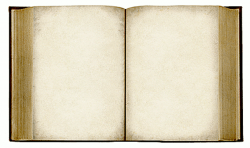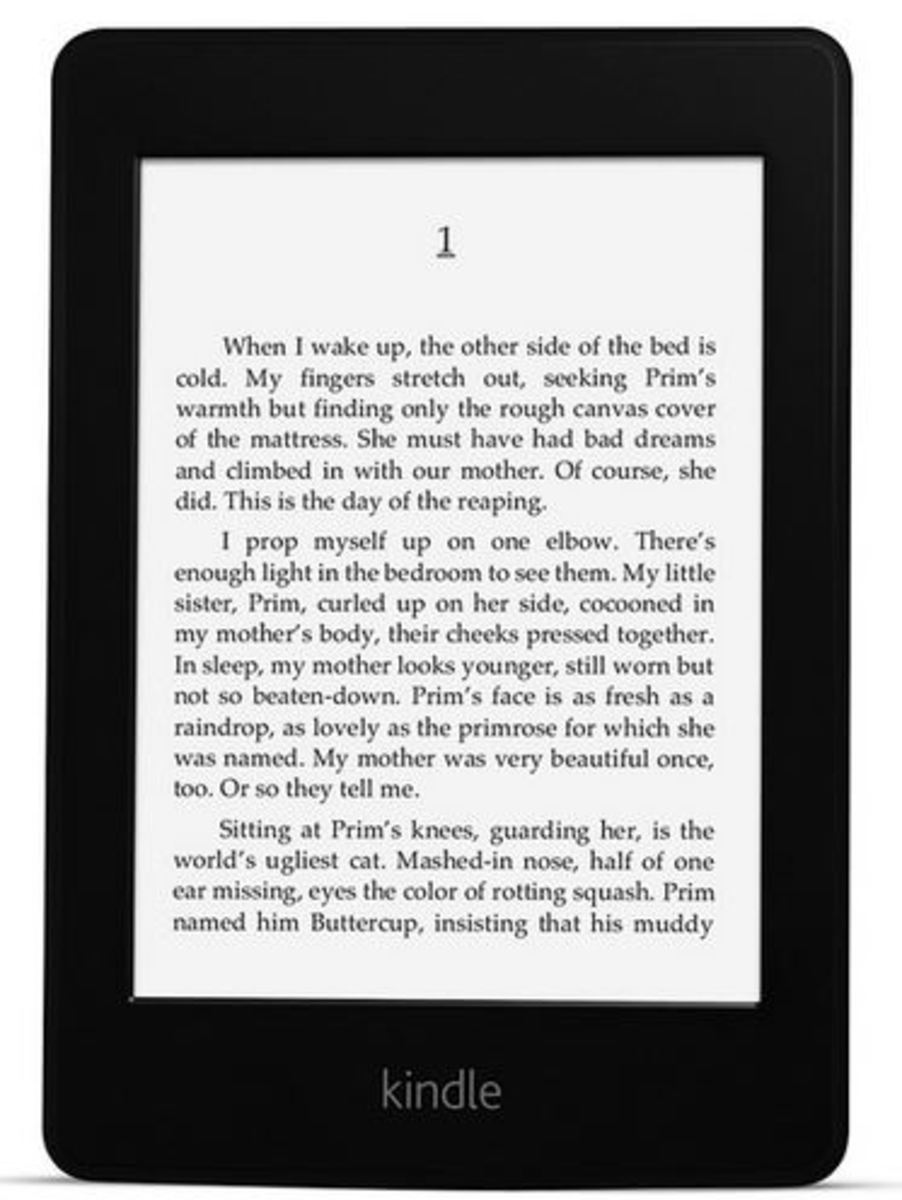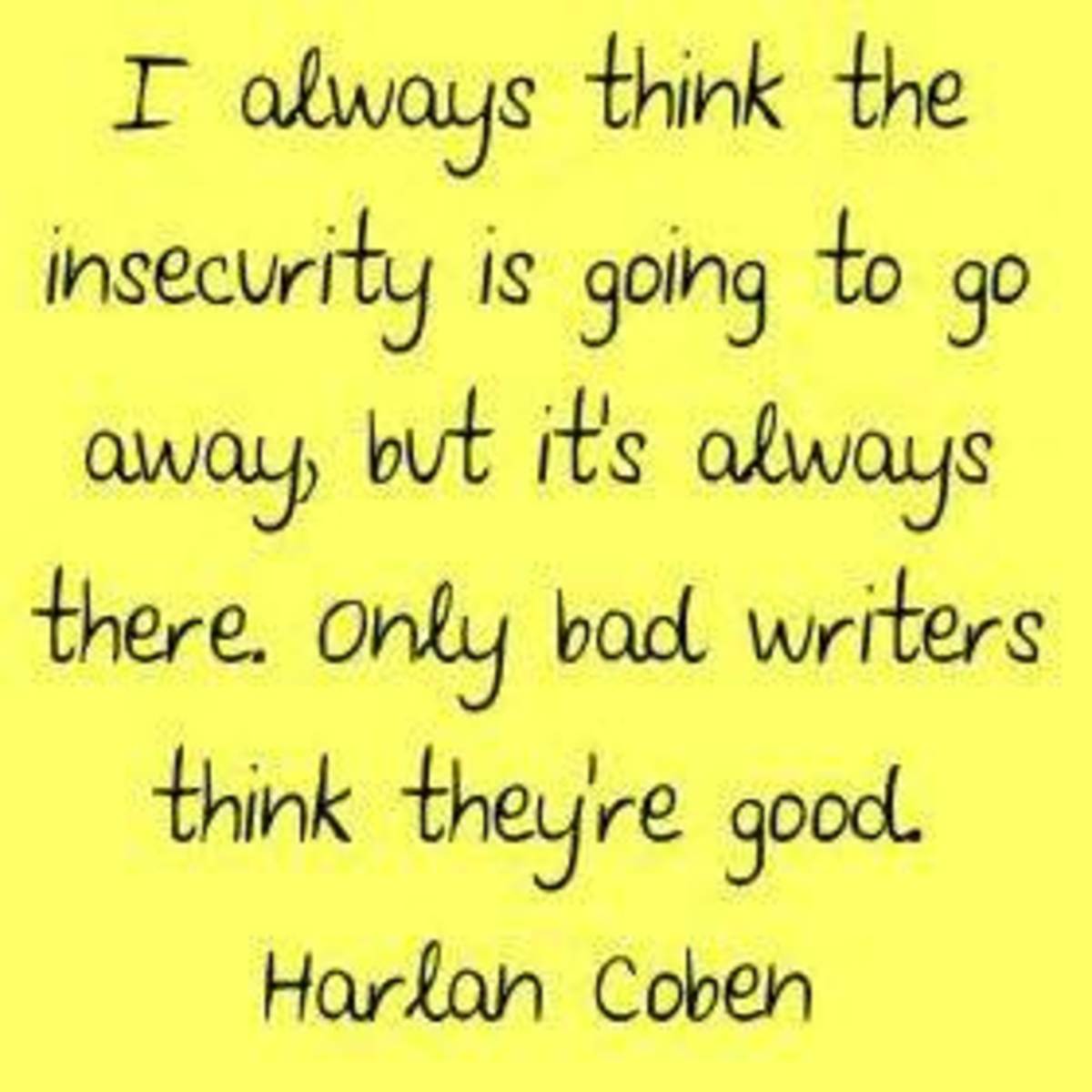How to Have Your Book Published

Getting Published
Becoming an author looks simple, write and publish. Unfortunately, most publishing companies have more work submitted to them than they could possibly review, and the process of publishing can be expensive for the publishing company. An established author, or perhaps an expert in a field, might have an edge since there is a known value that can be associated with their work. The known author has a marketable name, and the expert has specific information that might be in demand.
Academics must publish, and they have specific expertise. If you think you have a better mathematics book, or new insights into literature, you might be in competition with those who have respect in the field. Most academics also publish articles in prestigious journals, so their ability to communicate in writing is accepted as a given. These authors provide additional competition for those books that will eventually be published.
Using a literary agent might seem to be the answer, but many, especially the ones with the best contacts, take on established authors.
Becoming an author is like job hunting, experience counts. And the frustration is that without a publication, there is no experience. But there may be some things that will help.
Intro Image: This image is in public domain. It can be found on WP Clipart, link provided below.
Produce Quality Work
If you wrote on Hubpages you know tis important to write with quality. This means that after writing let the work rest a day or more, then read through it. Reading too soon will allow you to read what you thought you have written, hence you are inclined to pass over errors. Pay attention to anything the spell checker or grammar checker highlights. Then be aware of choosing the wrong word that passes the spell checker, such as writing whether when you meant to write weather.
Stay within your area of expertise, and do not repeat speculative results. And always avoid plagiarism.
Regardless of what method of publishing you decide is for you, if the work is not of quality it is a waste of time to move on.
Sending a Manuscript
Before going through the expense of sending a manuscript anywhere, send an inquiry. Inquiry letters ask if there is an interest in your subject. Approach only one writing project per inquiry letter. Do send inquiry letters to multiple publishers.
When sending an inquiry, follow the rules. Go to the publisher’s website and see what is required. Do not deviate. And what is needed changes publisher to publisher.
If a sample is requested, send it. And submit your sample via email only if directed to do so. Some publishers ask for three sample chapters, but that may be expensive to mail. So, first find out if it will be read.
E-Books
E-books are inexpensive to produce, so for a small fee, or no fee at all, you may be able to publish an e-book. Some reputable publishers, like Amazon, will publish through their Kindle those book manuscripts that have not been published elsewhere.
There are very minimal expenses associated with publishing through Amazon’s Kindle. Amazon does not obtain your copyright for you, but a book copyright is rather inexpensive. Another thing you do not get is an ISBN number. But, if you also publish through Amazon’s Kindle direct Publishing, an inexpensive physical book publishing venue, an ISBN number is provided. So, publish the same manuscript through Kindle as an e-book and through Kindle direct Publishing.
Barnes and Nobles has the nook, and Sony has an e-book reader. Both accept submissions, and you might try to submit to all. Amazon has no restrictions on where else you publish an e-book, but make certain other publishers are equally friendly.
The advantage of using Amazon’s Kindle is you may publish elsewhere. Your book is out there, and if read by the right person you could be offered a contract.
The disadvantage with any of the e-book publishers is there is limited exposure. You will not see your book in a bookstore, nor will you be holding book signings.
Vanity Presses
A vanity press is a company that will publish your book regardless of the merit. You could send in gibberish and it will be published. The catch is you must pay for the publication. This can be a cost in the thousands of dollars.
A vanity press caters to those who cannot publish otherwise. Some people have to have their names on books, and for a fee this can be accomplished.
Before going to a vanity press remember that you are establishing your credentials. Having your name associated with a vanity press screams that you produce worthless material, whether or not that is true. This causes publishing houses to back away from you. Be aware of the perception you are creating.
I do not recommend a vanity press.
Kindle Direct Publishing
Amazon’s Kindle Direct Publishing. which replaced Create Space, is a great because it allows you to publish a physical book. Yes, it is checked for quality, but easier than publishing at most publishing houses.
You design the cover, and you control the contents. In fact, there is a cover design feature with a library of designs you can consider, as well as the color the cover will be produced in.
One great advantage in publishing via direct publishing before publishing as an e-book is that an ISBN number is added. This is a real plus. E-books can be published without ISBN numbers if you do not already have one, making for an identity problem when you sell on multiple sites.
As with e-books, obtaining a copyright is your responsibility. wait util the writing is complete, and checked if possible. You need the actual book you are having published to be copyrighted.
Print on Demand
Between publishing houses that handle quality work and vanity presses is the print on demand publishers. It is possible to find a print on demand publisher who charges little or nothing, but will only print copies of your book when they are sold. They do not make batch runs and send books to bookstores. Nor do they do much to advertise your work. You do the promotions. And you may have difficulty having a bookstore to stock your work even if you purchase cases of your book at a reduced author's price, since there may be a no return policy by the publisher.
Pricing by a print on demand publisher may make it difficult to compete. Books printed ten thousand at a time have less expense associated with them than those printed one at a time. The result is a higher prices, which translates to fewer customers.
Do you think you will publish a book?
Resources
Literary Marketplace is a good start. It has publishers and agents listed, which kinds of books each publisher accepts, and mailing addresses. While this resource is expensive, it may be possible to find a copy at a local library. Be prepared to work at the library, since it is likely this will be a reserve item that cannot be checked out.
Do you read e-books?
Check Your Work before an Editor Sees It
If a query letter or a sample chapter contains grammar errors, or have words misspelled, a conclusion that your entire work is in the same shape might easily be made. Reviewers have too many submissions to waste time on work that is less likely to be acceptable.





